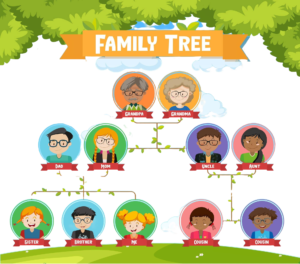PROPERTY OF HINDU IN JOINT FAMILY
 Property of a Hindu born in a Joint Family is governed by Hindu Succession Act 1956. It defines a Hindu as a person who is Hindu, Buddhist, Jain or Sikh by religion and is not a Muslim, Christian, Parsi or Jew by religion.
Property of a Hindu born in a Joint Family is governed by Hindu Succession Act 1956. It defines a Hindu as a person who is Hindu, Buddhist, Jain or Sikh by religion and is not a Muslim, Christian, Parsi or Jew by religion.
Property rights of a Hindu born in a Hindu Joint Family and his succession rights should not confused or intermingled with the Property of a Hindu Undivided Family, which is totally different and created by a registered agreement.
A person’s right in property of Hindu Joint Family is created at the time of his/her birth itself in the family. The Act of 1956 does not differentiate between a girl and boy, and a daughter born in a Hindu Joint Family has the same rights as that of a son.
A Hindu Joint Family Property is called a Coparcenary Property and the persons born in the family are called coparceners.
Once a Hindu dies, his interest in the coparcenary property is divided among his successors by way of testamentary or intestate succession.
Testamentary succession means where the deceased person has left a Will distributing his properties. Intestate succession means where the deceased had no such Will. In both these situations disputes may arise between the successors of the deceased.
In cases where there is a Will, the same is challenged in the court by other successors of the deceased. Then it is upon the beneficiary of the Will to get the same probated in the court by proving that the Will was made by the deceased in a sound mind and the same is not fake.
In cases where there is no Will, intestate successions takes place according to the provisions of the Hindu Succession Act 1956. The property of the deceased is divided among the successors in equal portion. Successors are classified into two classes, Class-I and Class-II.
First, the property is divided among Class-I heirs, in their absence, Class-II heirs and if none of the heirs are available, then the property devolves upon agnates and in their absence on the cognates.
Class-I heirs include son, daughter and wife. Class-II heirs are brothers, sisters, mother and father.
Incase of intestate succession, thus various claims may arise leading to further litigations.
A person claiming his/her rights through the court may file the following suits:
- Suit for Declaration of Title
- Suit for Injunction
- Suit for partition
- Suit for possession and enjoyment of property.